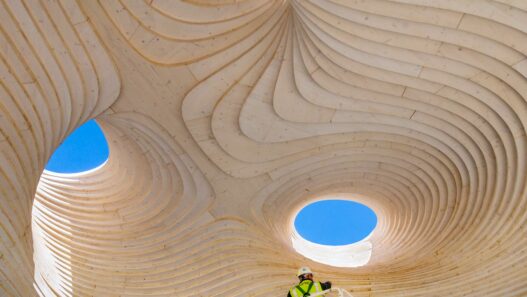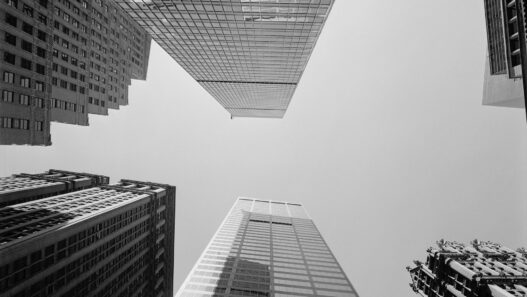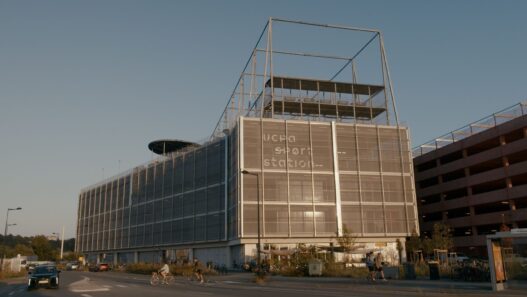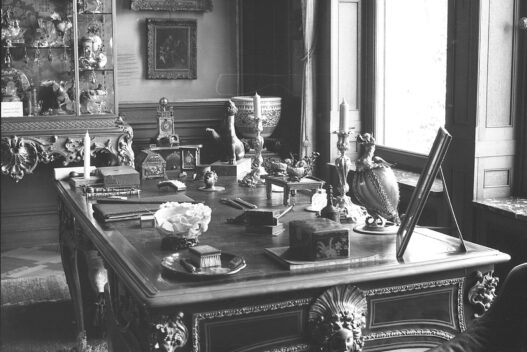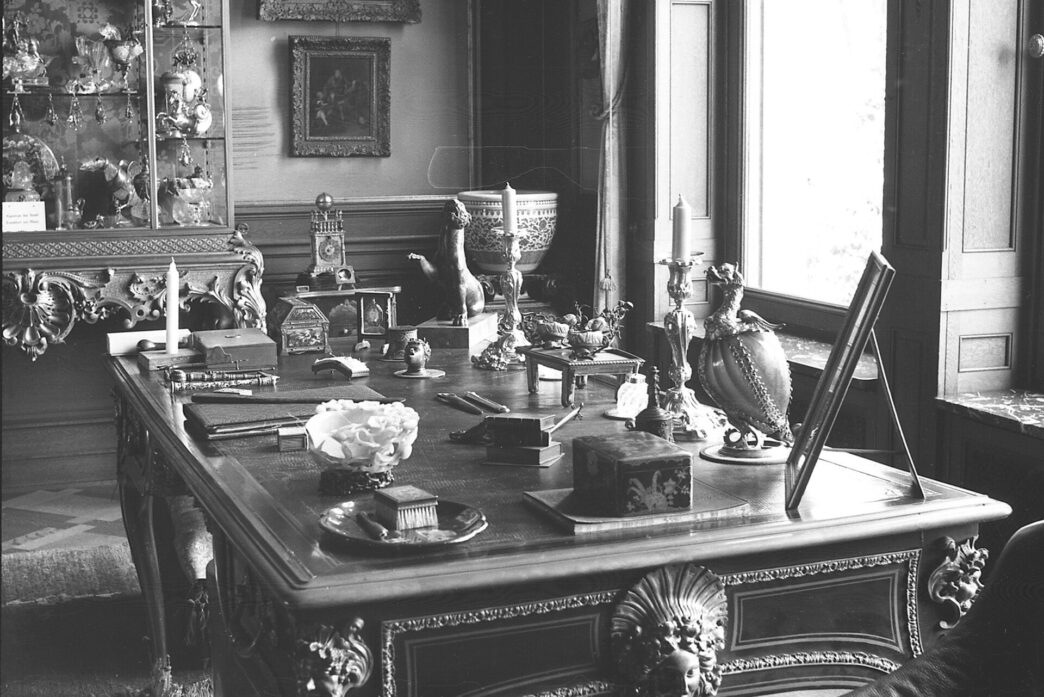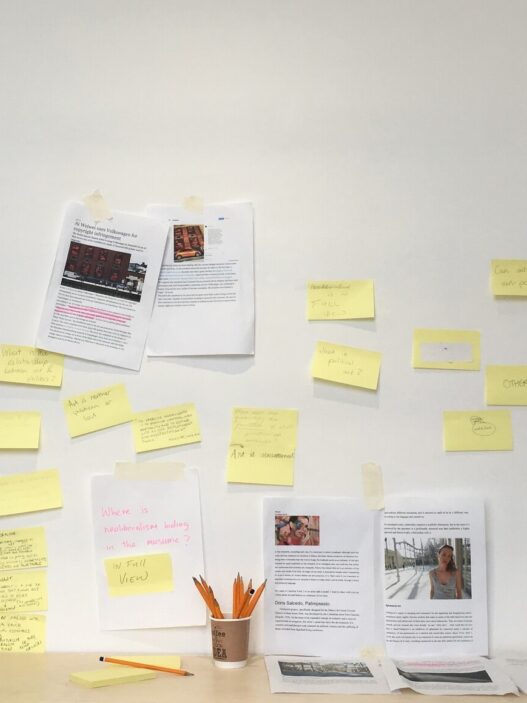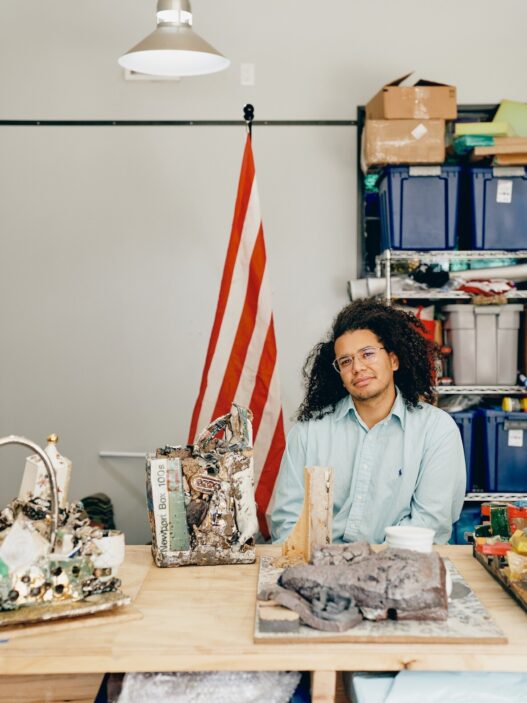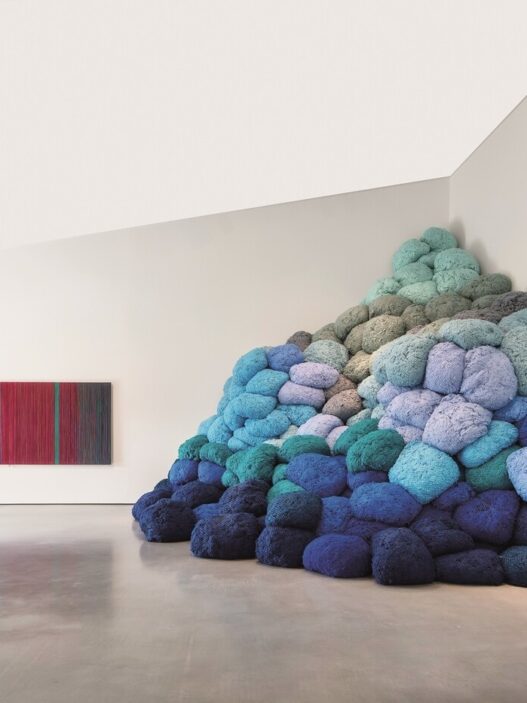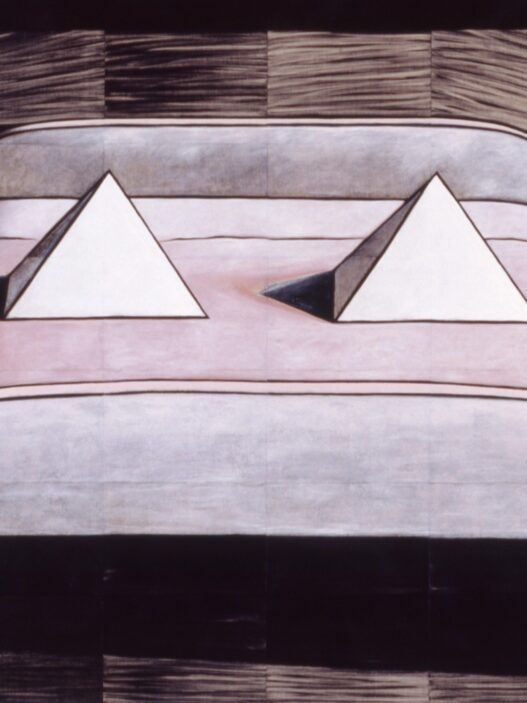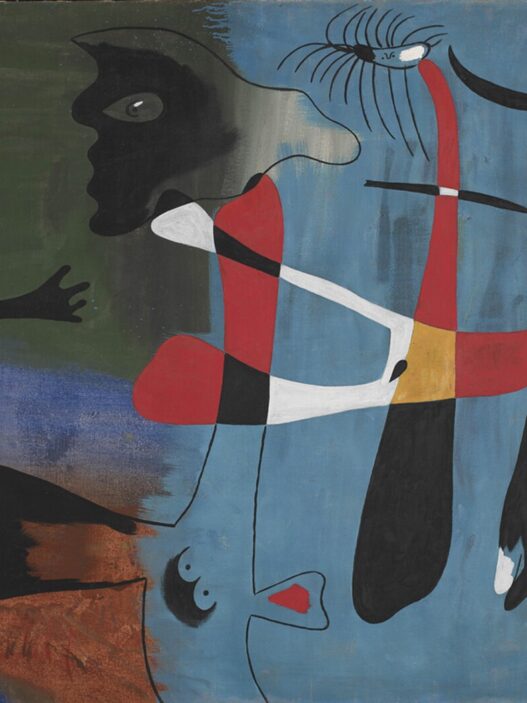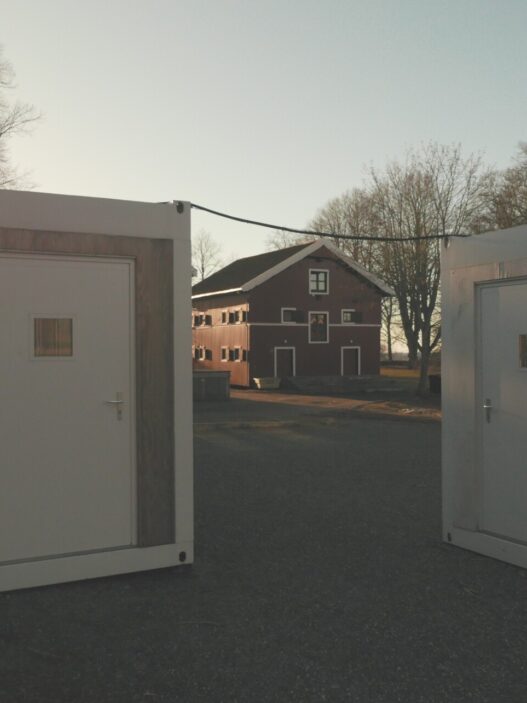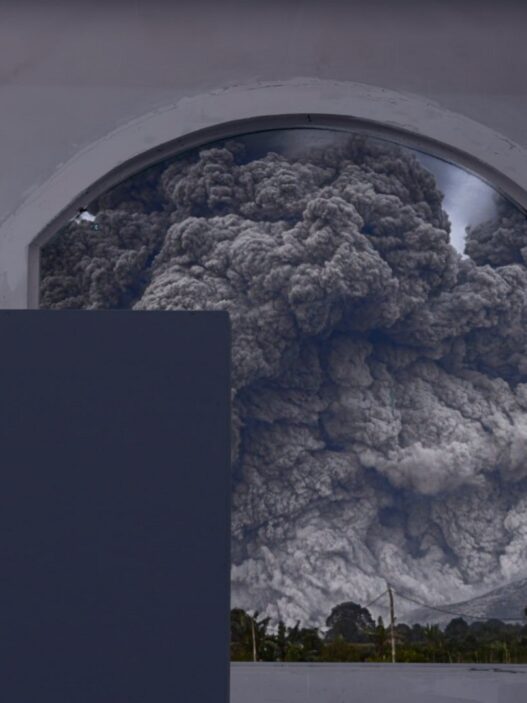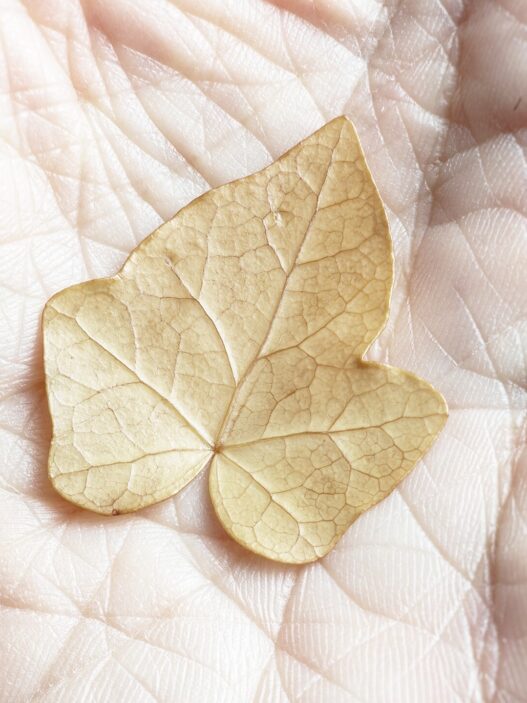The Collection of Maximilian von Goldschmidt-Rothschild is on display at the Museum Angewandte Kunst from January 28 to June 4, 2023.
The Museum Angewandte Kunst’s The Collection of Maximilian von Goldschmidt-Rothschild is the first exhibition dedicated to the private collector and patron, as well as his previous art collection. Its history is similar to that of its owner, who was persecuted as a Jew during Nazi Socialism. As a result, the exhibition focuses on the collection’s sale to the city of Frankfurt am Main in 1938 due to Nazi persecution, the subsequent transfer of the collection’s artisanal pieces to the Museum für Kunsthandwerk (today Museum Angewandte Kunst), and the return of a large portion of the collection to its rightful heirs after the Second World War.
Emperor Wilhelm II elevated Maximilian von Goldschmidt-Rothschild to the rank of Prussian baron for the first time. He was able to balance professional accomplishment, education, and charity giving. He was in contact with museum directors and art dealers all throughout Europe as a devoted art collector. His private collection of about 1500 pieces was recognized as one of the most important in Germany in the early twentieth century.
In 1938, he was compelled to sell not just the collection, but also his home, the Rothschild Palace, to the city of Frankfurt due to National Socialist persecution. The palais and the artisanal section of the collection became the Museum für Kunsthandwerk II. The paintings in the collection were given to the Städel Museum, while the sculptures were given to the Liebighaus. This was undoubtedly the most dramatic example of art and property acquisition in Frankfurt during the Nazi era.
The city of Frankfurt and the museum directors, who remained in charge even after National Socialism, initially refused the heirs’ plea for the collection’s repatriation after 1945. The museums finally returned a substantial portion of the art artifacts in early 1949 as part of a settlement between the heirs and the city of Frankfurt. Many objects were sold at two large auctions in New York in 1950, and were then spread throughout museums and private collections around the world by American art dealers. The former Maximilian von Goldschmidt-Rothschild Collection gives these artefacts a special provenance value to this day.
The Maximilian von Goldschmidt-Rothschild Collection is the museum’s most elaborate exhibition in terms of development and realization. The collection and its stories are mirrored in the Museum Angewandte Kunst’s history. The most recent findings from the museum’s provenience research serve as the foundation for a critical examination of the institution’s own history. On that front, the exhibition exhibits and examines pieces that are still in the museum’s collection.
Rare Medieval relics, valuable pieces of early modern craftwork (receptacles, silver chalices, utensils, sculptures, majolica, enamelled glass, porcelain, miniatures, and snuffboxes), as well as exquisite paintings by old masters and Louis XV furniture, are among the international loans from renowned museums and private collections that enhance the presentation. The contextualisation of the art pieces and the history of the collection in the tension field between “gap” and “reconstruction” is the aesthetic starting point. This historically (and culturally) heated show has significant (art) historical significance for Frankfurt am Main. It is also the first attempt to establish modern global links between exhibits and their provenance.
To underscore the process of laying the foundation stone for a path of remembrance into the future, a multimedia app was developed for the exhibition. Visitors can use virtual and auditive elements as well as augmented reality to reconstruct parts of the history of Maximilian Goldschmidt-Rothschild’s collection and to project additional information into the museum of today.
Museum Angewandte Kunst
Schaumainkai 17
60594 Frankfurt am Main
Germany
Hours: Wednesday 10am–8pm,
Tuesday and Friday–Sunday 10am–6pm
T +49 69 21231286
info.angewandte-kunst@stadt-frankfurt.de




